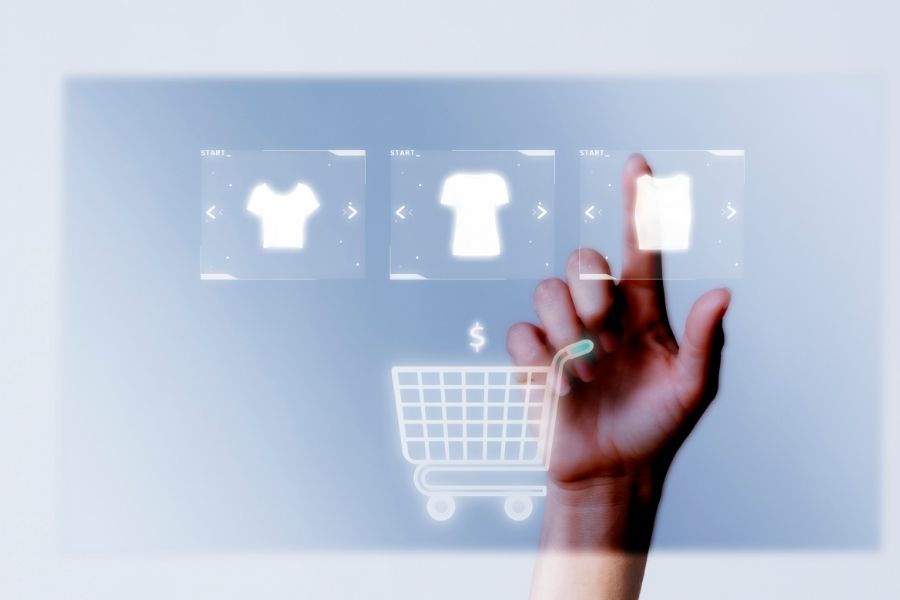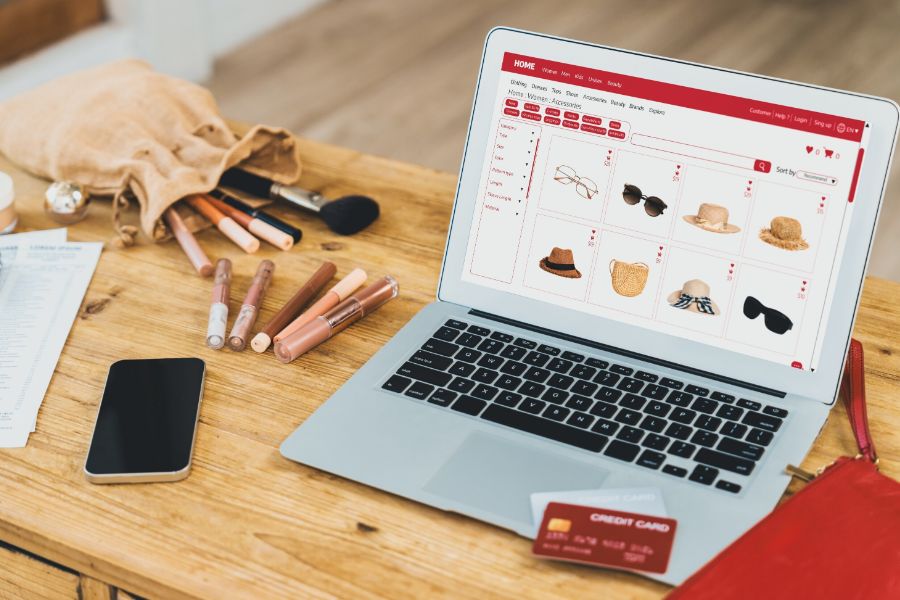More and more companies are adopting headless technology to enable an experience-driven commerce strategy and deliver better customer experiences. A headless platform means that the front end (what users see and interact with) is separated from the back end of a website (where data such as product information are stored). By applying this, users can create customized shopping experiences across all channels.
In this article, we’ll learn how headless commerce is changing how commerce works.
Retailers become more agile
With headless architecture, brands could adapt their business strategies to consumers’ constantly changing purchasing behaviors. Retailers’ developers can launch frontend content quickly without worrying about costly backend developments. Also, businesses don’t have to update the entire system since changes and optimization are instantaneous. This allows brands to keep pace with customer demands quickly and efficiently.
A good example of this is Venus, a leading retailer of women’s apparel. They used to have issues with page load speed, where only 15.25% of their site loaded in under a second. By implementing headless commerce, they are able to increase that number to 72.75%.
Ability to a hyper-personalized shopping experience
The ability to hyper-personalized shopping experiences allows merchants to utilize data and relevant content to drive customer conversions. Most innovative brands are upgrading ML/AI (Machine Learning/ Artificial Intelligence) to analyze customer behavior and recommend the most relevant products to offer a specific shopper.
As an API-driven software, headless commerce enables exchanging data. This means brands can easily collect and aggregate customer data from different touchpoints and upgrade analytics solutions to receive better customer insights.
Feel Unique – Europe’s leading company in beauty products noticed that their customer experience needed to be leveraged to drive more sales. After turning to headless commerce and building a React Progressive Web App, Feel Unique’s user experience has notably improved by making vital stages in the customer shopping journey more streamlined. The brand even implements a robust product search bar that allows shoppers to find more than 35,000 products from 500+ brands. Furthermore, Feel Unique is able to offer recommended items based on a customer’s previous behavior.

Headless online retailers are omnichannel ones
In today’s fast-changing world, brands need flexible technologies in place to deliver content-driven shopping experiences across multiple channels. If important touchpoints aren’t integrated into each other, consumers might have a fragmented experience that is less effective from a business standpoint. Therefore, many innovative retailers are embracing an omnichannel strategy by offering a consistent shopping experience with unified branding to customers.
Though omnichannel is a concept that has been around for a while now, the ability to deliver it effectively has become the holy grail for many companies. Fortunately, headless technologies come with a practical solution to that challenge. Headless commerce allows users to build whichever frontend they want, while still being able to manage the commerce functionality and content from a centralized place. Headless commerce, accordingly, brings flexibility and consistency to the shopping experience that brands provide.
Architecture is built to ready for traffic peaks
Modern commerce platforms are built to handle traffic peaks due to holiday seasons so that the shopping experience for shoppers is stably maintained. The headless architecture also enables online businesses to flexibly roll out their campaigns right away on any omnichannel touchpoint they desire, which is extremely useful when offering discounts.
Business acquisition costs are being notably cut down
According to a recent survey, overall customer acquisition costs for B2B and B2C companies have risen by nearly 50% over the past 5 years. This indicates that the rates for paid media are climbing while their effectiveness is declining.
With its agile nature, headless commerce allows trying, testing, and experimenting with different templates and experiences, such as A/B tests. By viewing what content creates the most lead conversions, businesses can have a better understanding of customer needs, eventually decreasing their reliance on paid advertising.
To wrap up
Thanks to headless commerce, online businesses are staying more competitive, attracting more organic customers through more up-to-date, engaging content while offering them the omnichannel experience they expect. For that reason, retailers should either adapt to these new technologies or risk being left behind.ConnectPOS is the leading cloud-based software for omnichannel retailers. Our system greatly supports all headless technologies, such as being compatible with commercetools – a headless commerce platform for next-generation B2C and B2B commerce. Contact us now for more information!



